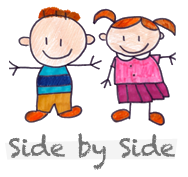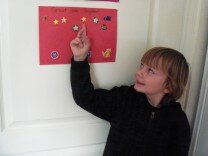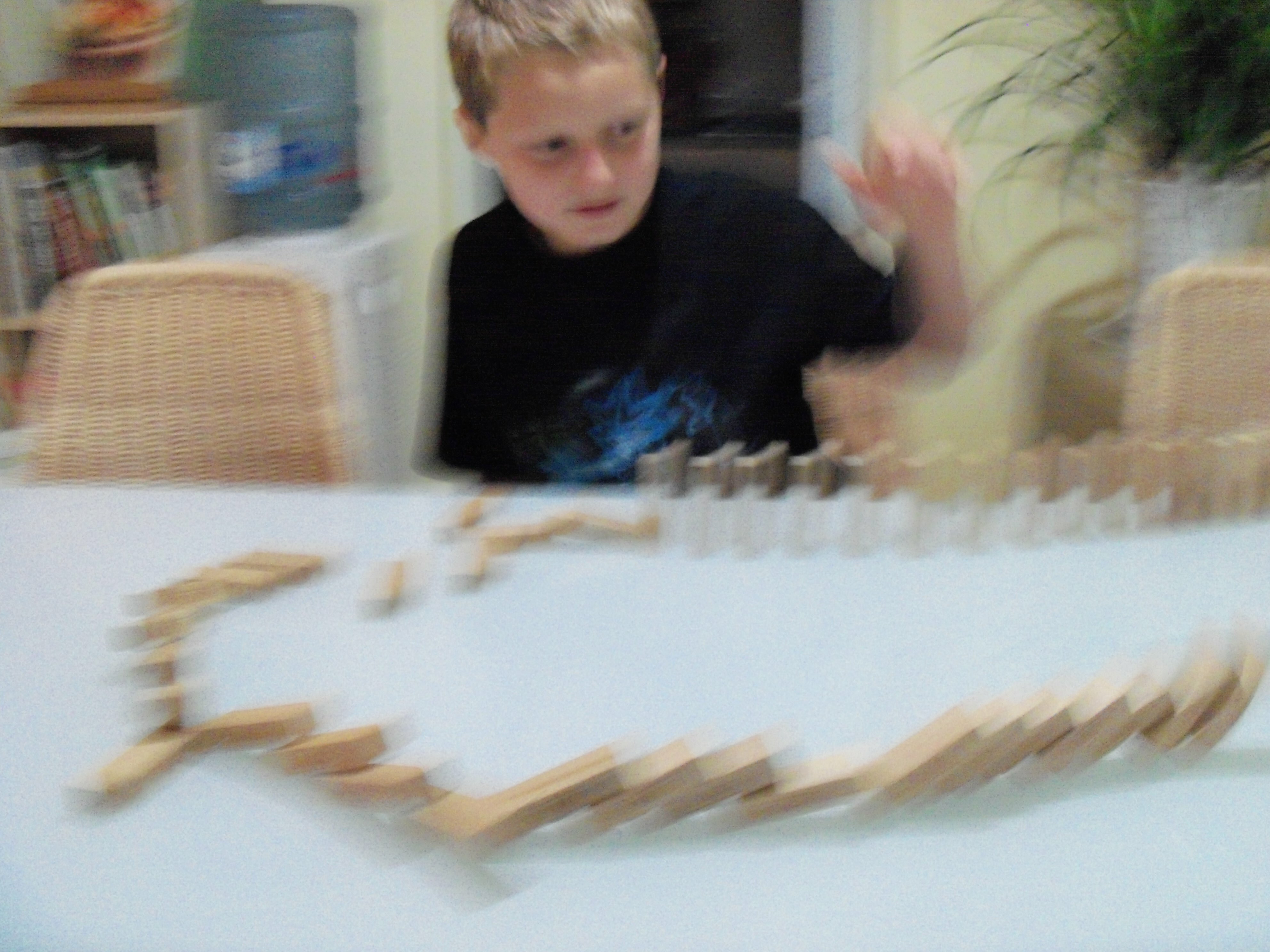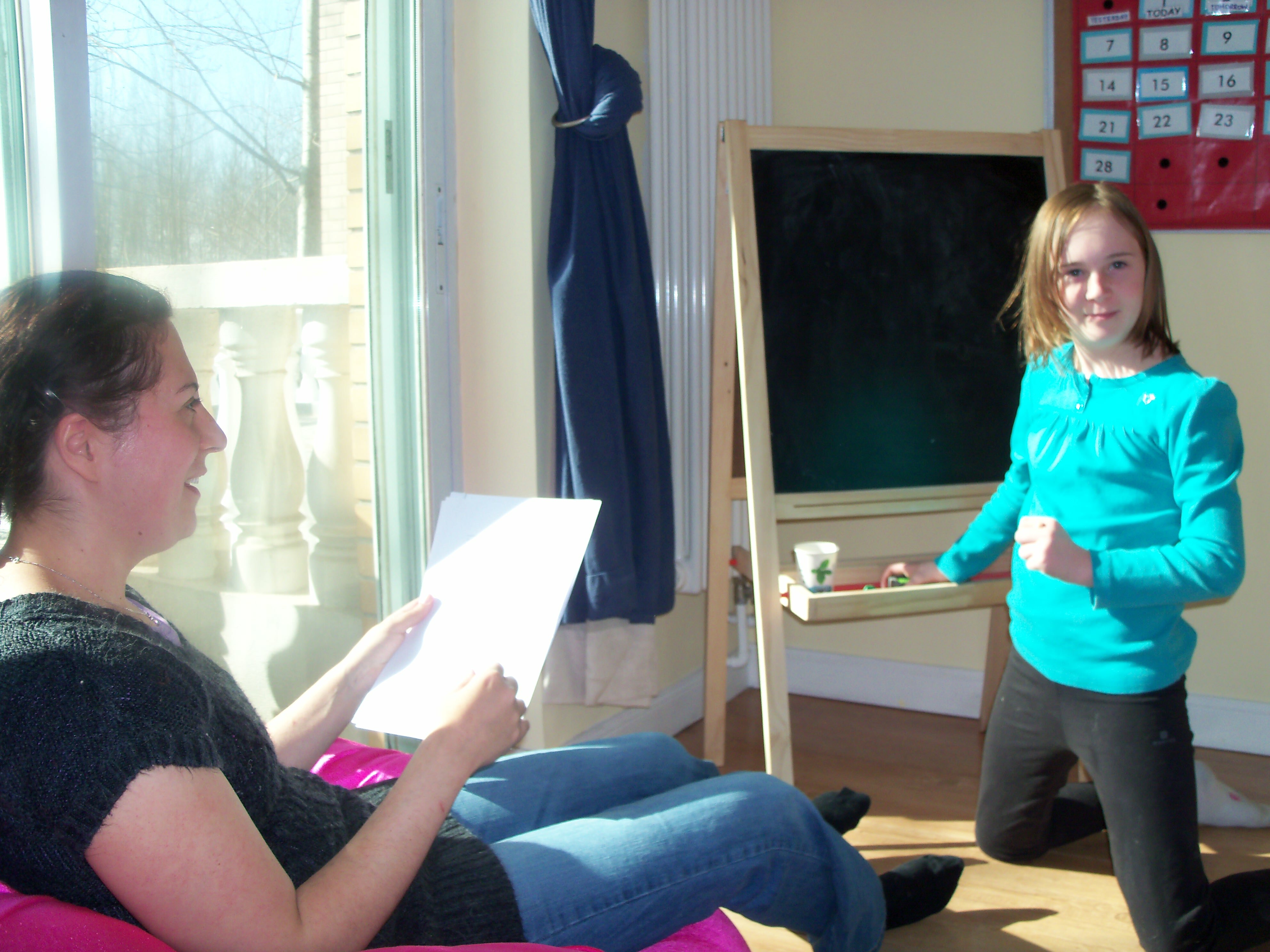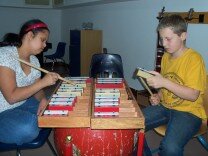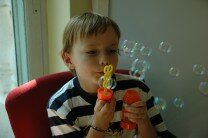Special Education and Learning Support
Special Education and Learning Support is flexible in nature and tailored to meet the individual needs of pupils. Special education and learning support specialists work with students who have a variety of individual learning styles, learning levels, and physical and intellectual disabilities, ranging from mild learning disabilities to severe physical needs. The specialist uses many different teaching techniques to individualise each student’s instruction according to his or her Individual Education Programme (IEP). IEPs include targets related to the area, or areas, or difficulty, the strategies and methods used in sessions, and success criteria for each target. IEPs may include language, mathematics, behaviour or communication targets, or a combination of these.
The materials used by the learning support specialist are often home-made, adapted or based on ordinary games and toys, household items, or modified academic materials. There is no such thing as a ‘typical’ session. Depending on the child’s issues, sessions may include targeted play, sensory integration techniques, specific learning programmes, writing, reading, memory games, or targeted conversation. All activities aim to work towards achieving specific goals set out in the IEP.
Special Education and Learning Support can guide those with:
- expressive and receptive language delays
- difficulties with organisation
- attention or executive function difficulties
- difficulties in the area of study skills
- Autism Spectrum Disorder and related disorders
- Down Syndrome
- sensory disorders
- auditory processing difficulties
- memory difficulties
- dyscalculia
- vocabulary development
- writing difficulties, including dysgraphia
- dyslexia
- selective mutism
- communication disorders
All special education and learning support specialists at Side by Side hold at least an education degree, and have completed postgraduate studies in their specific field.
